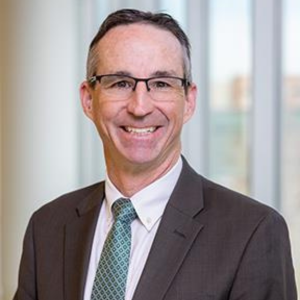This November, Stomach Cancer Awareness Month allows us the opportunity to learn more about gastric oncology and dispel anxieties around the disease. While stomach cancer, also known as gastric cancer, accounts for a little over 1% of all new cancer cases per year, outcomes can be improved with prevention and earlier detection.
Since diet, smoking habits, exercise, alcohol consumption, and weight are all strong predictors of stomach cancer, maintaining your health and nutrition can decrease your risk of developing it. And even if you receive a diagnosis, the cancer is treatable with the right course of action.
University of Colorado Cancer Center’s Esophageal and Gastric Multidisciplinary Clinic meets weekly to work on structuring the best treatment for patients depending on a variety of factors including tumor stage, the patient's medical condition, and eligibility to participate in clinical trials. Gastrointestinal specialists at the clinic are trained in every aspect of treatment, from diagnostic tools to performing minimally invasive surgeries.
Research around stomach cancer is also expanding at the CU Cancer Center thanks to the Katy O. and Paul M. Rady Esophageal and Gastric Center of Excellence. Established in late 2022 thanks to a generous gift from the Rady family. This center of excellence is advancing esophageal and gastric cancer research, clinical trials, screening, and treatments.
Martin McCarter, MD, professor of surgical oncology and surgical director for the Esophageal and Gastric Multidisciplinary Clinic, sat down with us to provide answers to the most commonly asked questions about stomach cancer. Here’s your quick and easy guide to stomach cancer, including diagnosis, prognosis, and treatment.





